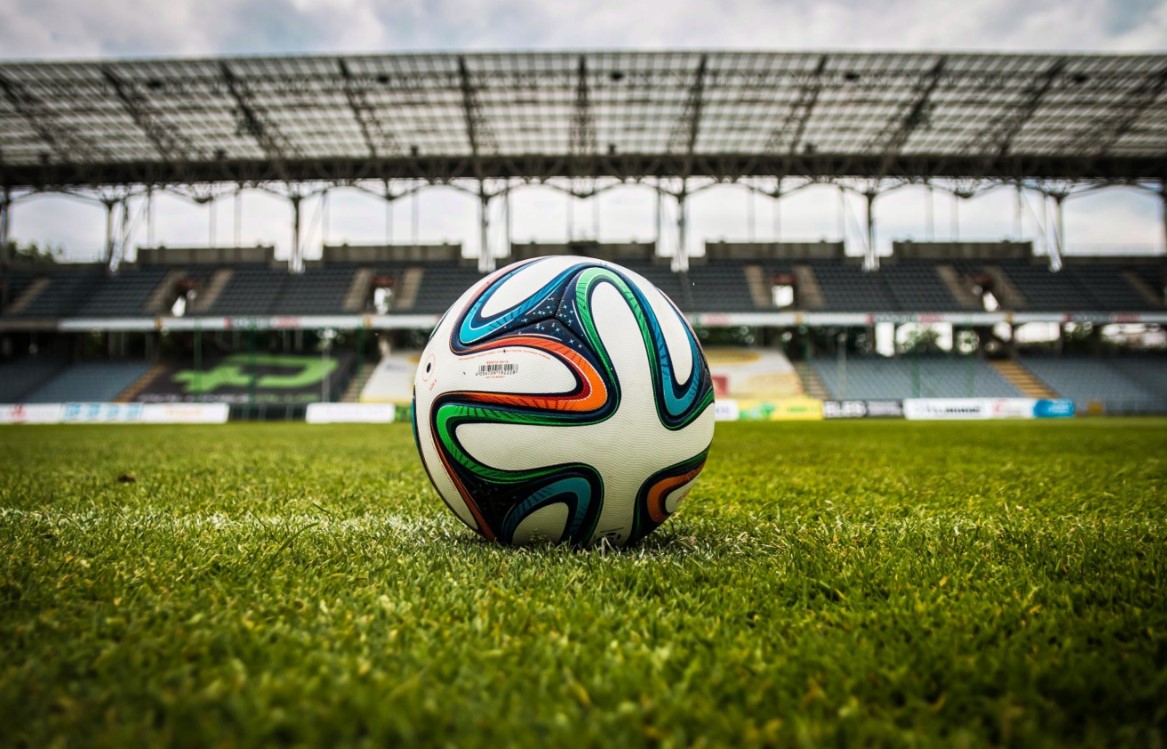How Nutrition Impacts Peak Performance in Soccer
Nutrition isn’t a “nice-to-have” when it comes to

Nutrition isn’t a “nice-to-have” when it comes to soccer—it’s essential. Whether you’re playing on a professional level or just aiming for personal improvement, what you eat directly affects how you perform. The same principle applies when you're following the game. Just how athletes use fine-tuned strategies to win, understanding the intricacies—whether it’s players’ performance or something else—depends on knowing what really drives success. And nutrition? It’s at the foundation.
The Role of Macronutrients: Fuel for the Engine
Carbohydrates, proteins, and fats—the holy trinity that fuels athletic performance. These aren’t just buzzwords; they’re the core of nearly every sports nutrition plan.
- Carbohydrates provide the primary gas for high-intensity activities. In a sport like soccer, where explosive sprints and endurance are combined, carbs are essential to keep the energy going for 90 minutes, plus stoppage time. Whether it’s quick-burning simple sugars for a boost on the field or slow-burning complex carbs for sustained energy, the right balance matters.
- Proteins come in to repair and rebuild muscle. Soccer players aren’t just about cardio; strength plays a big part in their game too. Tackles, headers, and those intense recovery sprints require strong, resilient muscles, and protein-rich foods help replenish what the body burns through.
- Fats get a bad rep, but healthy fats play a role in balance and long-term energy. They’re not usually the immediate go-to for quick energy like carbs, but they offer more durable stamina.
Timing is Key
What you eat is half the battle; when you eat is just as crucial. Pre-game meals should be heavy on carbs to ensure stores are topped off. The closer you get to the game, the lighter you go on the fats and complex proteins, which take longer to digest. Post-game, it’s all about replenishing and repairing. Fast-digesting proteins and carbs help recovery move even faster. For those betting on soccer online, understanding these nutritional strategies can provide valuable insights
Hydration: The Often Overlooked Factor
Here’s the deal: you can have the perfect nutrition plan, but if hydration isn’t dialed in, performance will tank. Dehydration leads to fatigue, loss of coordination, and slower reaction times. We’re talking more than just water here. Soccer players lose minerals like sodium and potassium through sweat, so electrolytes are just as important.
Hydration should start well before stepping onto the field. Game-day hydration begins 24 hours in advance. Yes, that’s right. Cramming a gallon of water right before kickoff won’t help; the body needs time to absorb and distribute those fluids effectively.
Signs of Dehydration in Soccer
- Muscle Cramps: Common in a long match, especially if hydration wasn’t handled appropriately.
- Fatigue and Dizziness: A sluggish player is usually a dehydrated one.
- Reduced Focus: Soccer demands mental clarity; dehydration clouds that judgment, impacting decision-making on the ball.
Supplements: Enhancing, Not Replacing
If your diet’s poor, no amount of protein powder or creatine is going to fix that. But for players with solid nutrition plans, supplements can offer that extra edge.
- Creatine helps in short bursts of energy, which is perfect for midfielders or forwards making repeated sprints across the field.
- Caffeine can be a performance enhancer for quick reflexes and reaction time. There’s a reason coaches and players turn to their coffee cups before a game—if timed right, its effects play out just when needed.
That said, supplementation isn’t a free pass. These products boost performance, but they aren’t miracle workers if the groundwork (food and hydration) isn’t solid.
Long-Term Impact of Nutrition on Soccer Careers
In competitive soccer, longevity matters. It’s not just about one game or even one season. Players with solid nutrition practices recover faster from injuries, experience fewer muscle strains, and maintain a higher level of performance over longer periods.
The players known for having long, injury-free careers often have a team of nutritionists backing them. They’re investing in their bodies like any other asset—and it’s that investment that pays out on the field.
Conclusion
Soccer players can’t afford to leave nutrition to chance. Every game, every sprint, every tackle is impacted by what’s been consumed in the lead-up. If your diet isn’t tuned into the demands of the game, your performance is already handicapped before you’ve even laced up your boots.
In short: play hard, but eat smart.
Sources:







